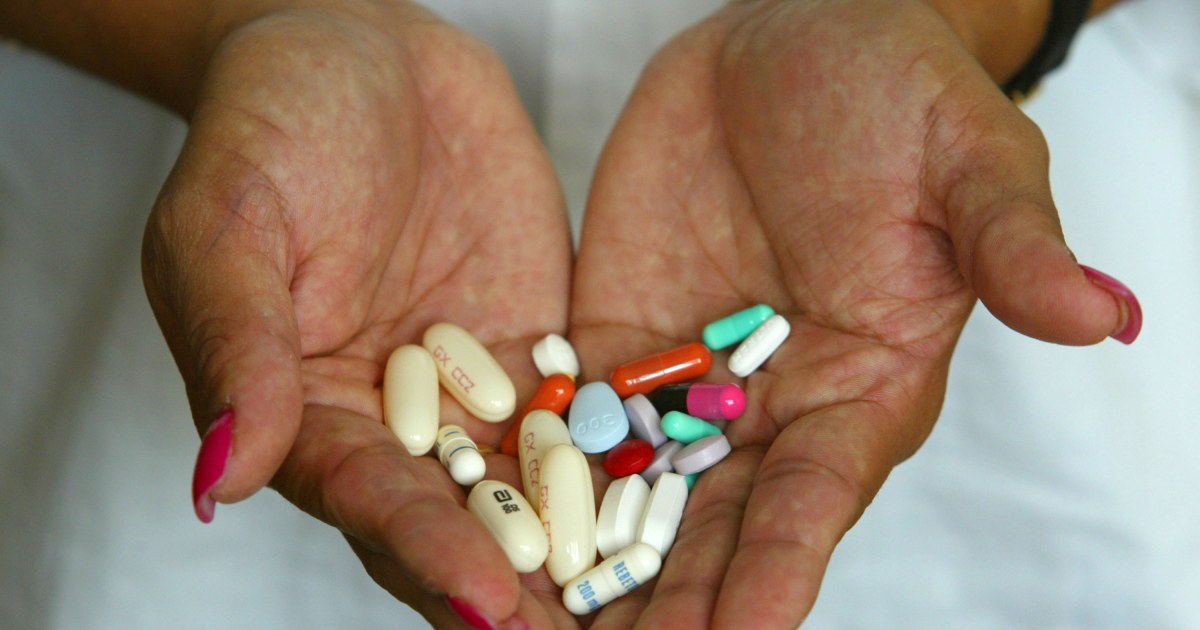How To Treat Viral Nasopharyngitis
Decongestants And Antihistamines

For symptoms of viral nasopharyngitis that involve a runny nose, cough, sneezing, and stuffy nose, decongestants and antihistamines are also great treatment options. Some medications only have one or the other, and some medications combine them along with a nonsteroidal anti-inflammatory medication to help curb a fever, body aches, and headaches. Decongestants work by decreasing the inflammation and swelling that occurs in the nose and throat, helping an individual breath better and alleviating the uncomfortable pressure. Antihistamines work by inhibiting histamine, a chemical the body produces in response to foreign substances. Histamine is a part of the human immune system and causes itching and swelling in the nose, throat, and eyes. Often times, nighttime cold medications are made with a higher ratio of antihistamine to decongestant because antihistamines are known to induce drowsiness. Daytime cold medications may contain a higher ratio of decongestant to antihistamine because decongestants keep individuals awake. While both of these active ingredients do not cure viral nasopharyngitis or other similar conditions, they can have a huge influence in reducing symptoms.
Continue reading for more viral nasopharyngitis treatment options.